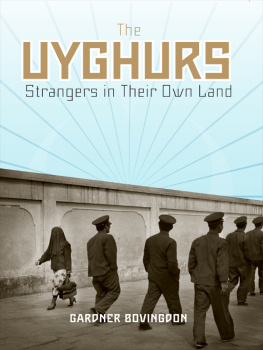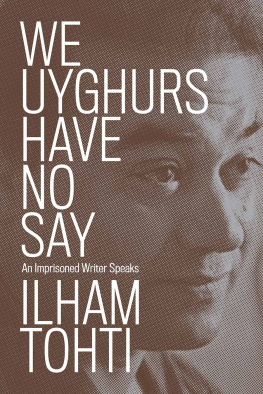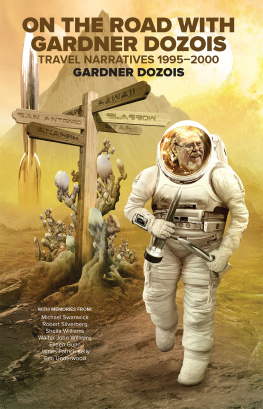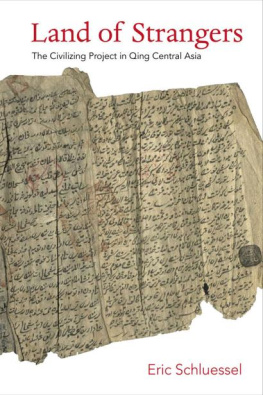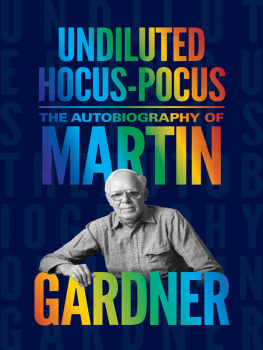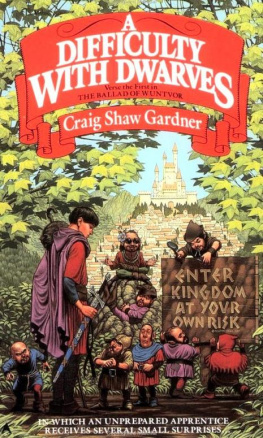Gardner Bovingdon - The Uyghurs: Strangers in Their Own Land
Here you can read online Gardner Bovingdon - The Uyghurs: Strangers in Their Own Land full text of the book (entire story) in english for free. Download pdf and epub, get meaning, cover and reviews about this ebook. year: 2010, publisher: Columbia University Press, genre: Science / Art. Description of the work, (preface) as well as reviews are available. Best literature library LitArk.com created for fans of good reading and offers a wide selection of genres:
Romance novel
Science fiction
Adventure
Detective
Science
History
Home and family
Prose
Art
Politics
Computer
Non-fiction
Religion
Business
Children
Humor
Choose a favorite category and find really read worthwhile books. Enjoy immersion in the world of imagination, feel the emotions of the characters or learn something new for yourself, make an fascinating discovery.
- Book:The Uyghurs: Strangers in Their Own Land
- Author:
- Publisher:Columbia University Press
- Genre:
- Year:2010
- Rating:3 / 5
- Favourites:Add to favourites
- Your mark:
- 60
- 1
- 2
- 3
- 4
- 5
The Uyghurs: Strangers in Their Own Land: summary, description and annotation
We offer to read an annotation, description, summary or preface (depends on what the author of the book "The Uyghurs: Strangers in Their Own Land" wrote himself). If you haven't found the necessary information about the book — write in the comments, we will try to find it.
The Uyghurs: Strangers in Their Own Land — read online for free the complete book (whole text) full work
Below is the text of the book, divided by pages. System saving the place of the last page read, allows you to conveniently read the book "The Uyghurs: Strangers in Their Own Land" online for free, without having to search again every time where you left off. Put a bookmark, and you can go to the page where you finished reading at any time.
Font size:
Interval:
Bookmark:

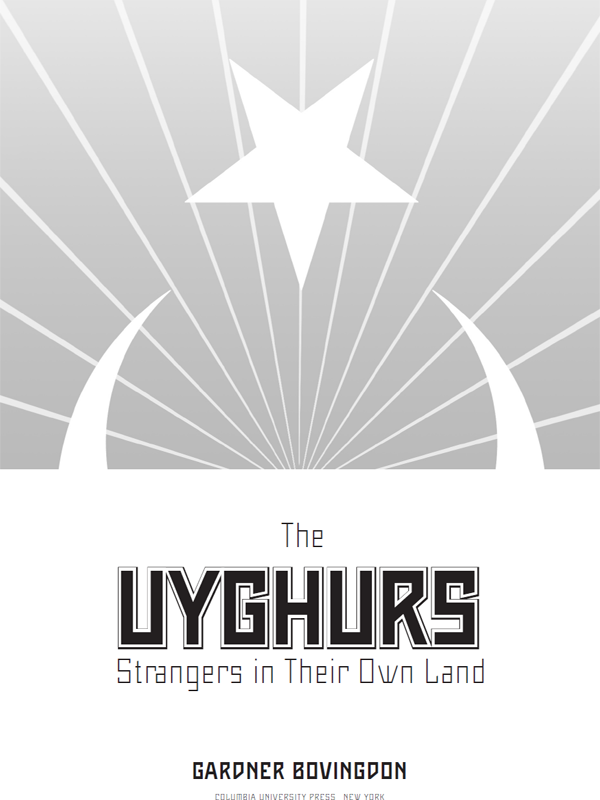
COLUMBIA UNIVERSITY PRESS
Publishers Since 1893
New York Chichester, West Sussex
cup.columbia.edu
Copyright 2010 Columbia University Press
All rights reserved
E-ISBN 978-0-231-51941-0
Library of Congress Cataloging-in-Publication Data
Bovingdon, Gardner.
The Uyghurs : strangers in their own land / Gardner Bovingdon.
p. cm.
Includes bibliographical references and index.
ISBN 978-0-231-14758-3 (cloth : acid-free paper)
ISBN 978-0-231-51941-0 (e-book)
1. Uighur (Turkic people)ChinaXinjiang Uygur ZizhiquHistory20th century.
2. Xinjiang Uygur Zizhiqu (China)HistoryAutonomy and independence movements.
3. NationalismChinaXinjiang Uygur Zizhiqu. 4. ChinaEthnic relations.
I. Title.
DS731.U4B68 2010
305.89'4323dc22
A Columbia University Press E-book.
CUP would be pleased to hear about your reading experience with this e-book at .
References to Internet Web sites (URLs) were accurate at the time of writing. Neither the author nor Columbia University Press is responsible for URLs that may have expired or changed since the manuscript was prepared.
DESIGN BY MARTIN N. HINZE
This book began as a dissertation, and I owe a great debt to the members of my committee. My chair, Vivienne Shue, deserves gratitude beyond measure. She guided me patiently in the study of Chinese politics, volleyed ideas with me over an unusually protracted research and writing process, and pushed me to think more deeply and clearly from the moment of my arrival at Cornell. Ben Anderson challenged me to get beneath the facade of the unitary Chinese nation and to interrogate sources with care and humor. Valerie Bunce labored for years to make me into a comparativist; I began to see the light during a marathon series of meetings one spring. To Jonathan Lipman I owe thanks for advice not only here at home but also in an impromptu meeting over a steaming bowl of ccr in rmci on a frigid winter night. Other Cornell faculty gave generously of their time, counsel, and expertise. Peter Katzenstein supervised me in the worlds longest-running seminar, conducted regularly after matches in a nearly ten-year squash rivalry; he and Mary helped me hone my ideas in the later stages of writing. Isaac Kramnick passed on to me information about time zone irregularities in New Mexico and also helped me secure support from Cornells government department for a conference I organized with Barry Sautman in Boston, where I was able to exchange ideas with many experts on Xinjiang and Uyghurs. Other Cornell faculty who provided valuable advice on my writing include Tom Christensen, Sherm Cochran, Brett de Bary, Ed Gunn, and Keith Taylor. The late Knight Biggerstaff made a generous gift of books from his library. Members of the Cornell staff without whom I could not have completed my program include the government departments amazingly competent trio of Laurie Coon, Kim Shults, and Michael Busch; Laurie Damiani of the East Asia program; and librarian Charles DOrban, who gleefully helped me with numerous bibliographic questions.
I have great debts to fellow graduate students and friends at Cornell, including Ken Forsberg, Rob Culp, Rich Calichman, Mao-Mao Zhong Yumei, Lee Haiyan, Jee-Sun Lee, Paul Festa, John Gibson, Smita Lahiri, Thamora Fishel, Erick White, John Norvell, and Leda Martins. Rawi Abdelal and Adam Segal I thank for advice, critical comments, and squash. Lee Haiyan and Eric Karchmer helped me locate key texts in China.
My research was supported by generous fellowships or grants from the National Science Foundation, Cornells peace studies and Asian studies programs, Cornells government department, and the Mellon Foundation.
The staff and faculty of Xinjiang University provided me a home, a community of scholars, and excellent resources. I am especially grateful to Fu Chunlei of the Foreign Affairs Office, the library staff, and Li shifu and Xu dajie, who capably managed the wild-west dormitory where I lived for two years, and to their children, who brought cheer on the darkest winter days.
My research in Xinjiang would simply not have been possible without the help of the brilliant teacher and linguist Muhbbt Qasim and her family. She taught me Uyghur in my second year, introduced me to the pleasures of literature and the intricacies of linguistics, fed me many a fine meal, and boosted my spirits with scholarly conversation and good cheer during the long winter months. I owe a great deal to other teachers and friends, including Abdokr, Ablikim, Ablimit, Abduriit, Bahargul, Mirsultan, Li Yun, Han Junkui, Niu Ruji, and Mmtjan; a special thanks to Talhat for mountain bike rides and horse sausage. I thank deeply many other friends who unfortunately cannot be named here. Among the foreign crew at Xinjiang University, I thank Eric and Ellen Peters, Mike and Victoria Welch. Bill Clark helped me at every turn, providing intellectual exchange, innumerable introductions, and advice on fieldwork. I will always be grateful to the entire Clark family for friendship, field trips, and delicious meals.
Several families provided support through the long years of my graduate career. My grandmother, Isabelle Paterson, generously funded my first trips to Asia while I was an undergraduate and unknowingly launched me on this path. Betsy Judson, Margaret Bovingdon, and Peter Bovingdon have stood by me for so many years, as did my father George Bovingdon; I dearly wish he had lived to see this day. My mother and Henry Judson have taken me in during my dizzying trips back and forth, never complaining about how seldom they see me. Bill and Ellin Friedman and the extended Friedman-Weiner family embraced me as one of their own. The same is true of our Ithaca parents, Barbara and Jerry Nosanchuk, who became ideal fictive kin, treating us as well as any child has a right to expect; better, in fact.
At Indiana I have been fortunate to find a community of scholars offering expertise, counsel, and camaraderie. I cannot imagine a more congenial academic home than the Department of Central Eurasian Studies for someone trying simultaneously to research Xinjiang and to leaven that tight geographical focus with insights into its broader regions of Central Asia and China, as well as the disciplines of political science, sociology, history, literary criticism, and legal studies. I thank especially Chris Atwood, Erdem Cipa, Bob Eno, Bill Fierman, Ray Hedin, Jeff Isaac, Scott Kennedy, Ed Lazzerini, Josh Malitsky, Ethan Michelson, Scott OBryan, Toivo Raun, Jean Robinson, Mark Roseman, Heidi Ross, Nazif Shahrani, Elliot Sperling, Sue Tuohy, Jeff Wasserstrom, and Tim Waters. My writers group at Indiana University, Konstantin Dierks, Lauren Morris-Maclean, and Marissa Moorman, helped me reshape the book manuscript and prune the wildly overgrown introduction into a more readable form. My graduate students have inspired, challenged, and taught me more than they can know. It is a special pleasure to see so many focusing on Xinjiang and preparing to shape the field. April Younger and Karen Niggle, CEUSs superbly capable administrators, helped me in too many ways to count.
The Institute of Ethnology and the Institute of Political Science at Academia Sinica gave me the time and space to research and revise parts of the book. I am grateful to Huang Shu-min and Yu-shan Wu for extending the invitations. In Taiwan I was fortunate to come to know, and learn from, Liu Shao-Hua, Fred Chiu, Chou Hui-min, Allen Chun, Lin Kai-shi, and Chih-yu Shih.
Next pageFont size:
Interval:
Bookmark:
Similar books «The Uyghurs: Strangers in Their Own Land»
Look at similar books to The Uyghurs: Strangers in Their Own Land. We have selected literature similar in name and meaning in the hope of providing readers with more options to find new, interesting, not yet read works.
Discussion, reviews of the book The Uyghurs: Strangers in Their Own Land and just readers' own opinions. Leave your comments, write what you think about the work, its meaning or the main characters. Specify what exactly you liked and what you didn't like, and why you think so.

